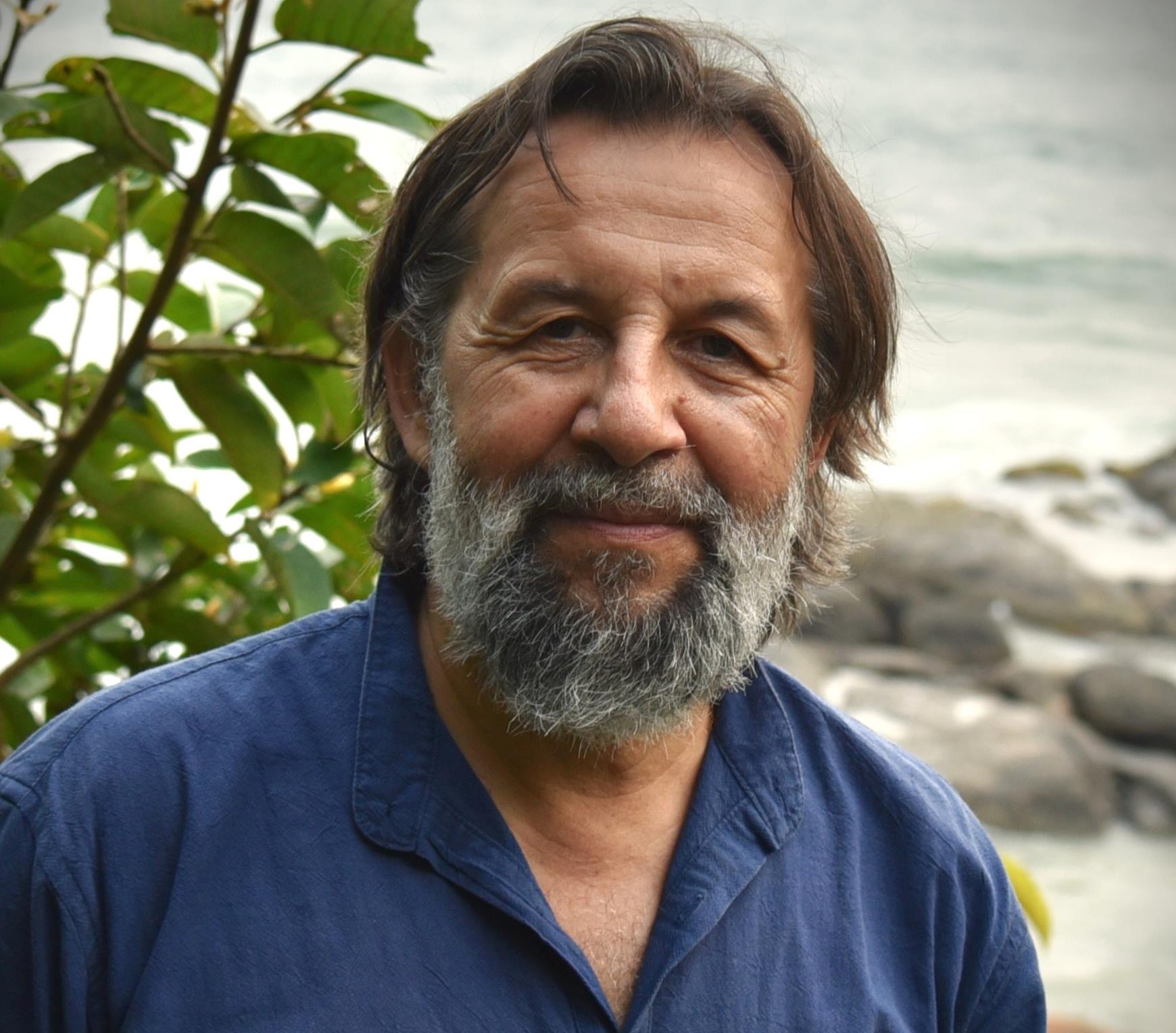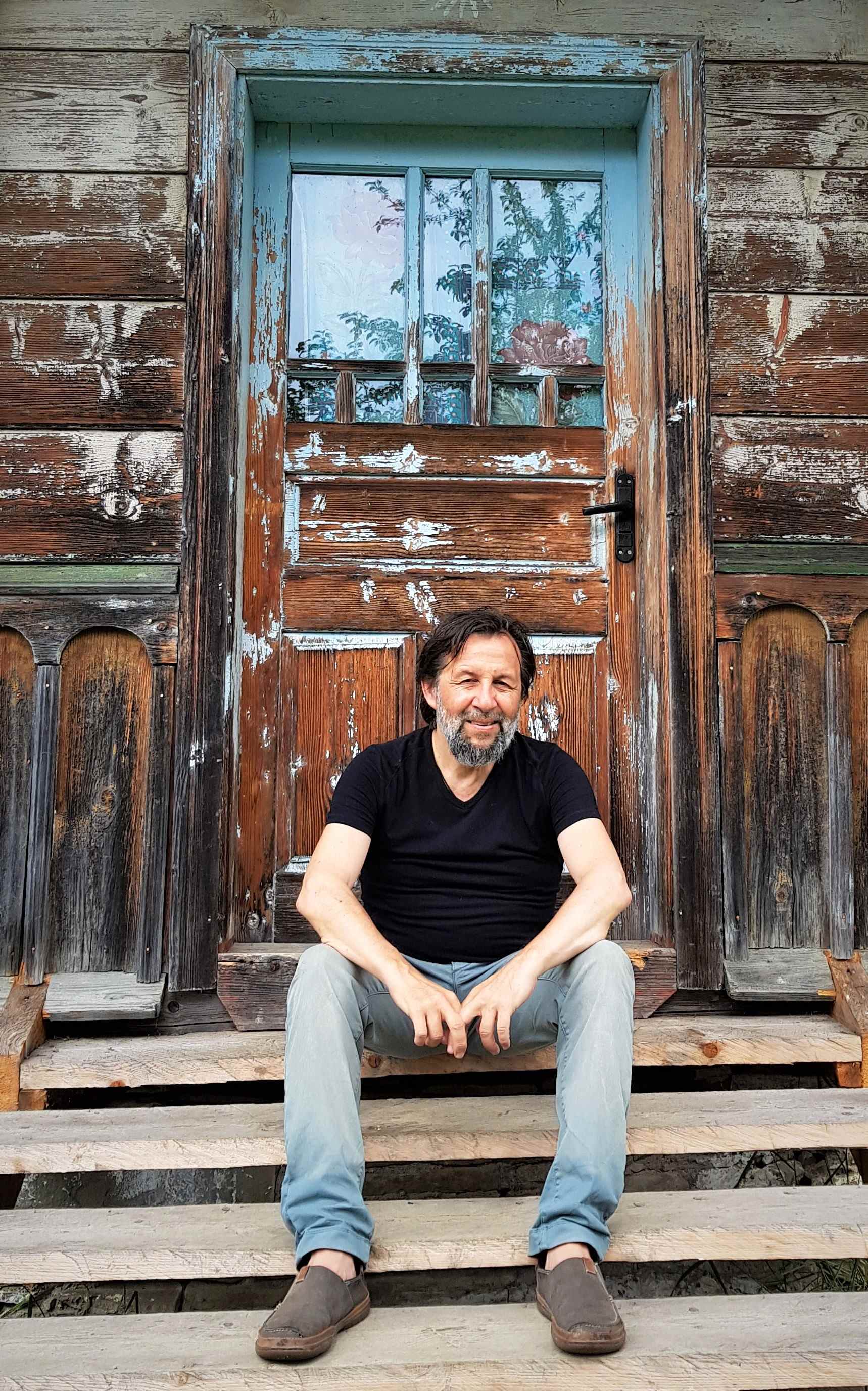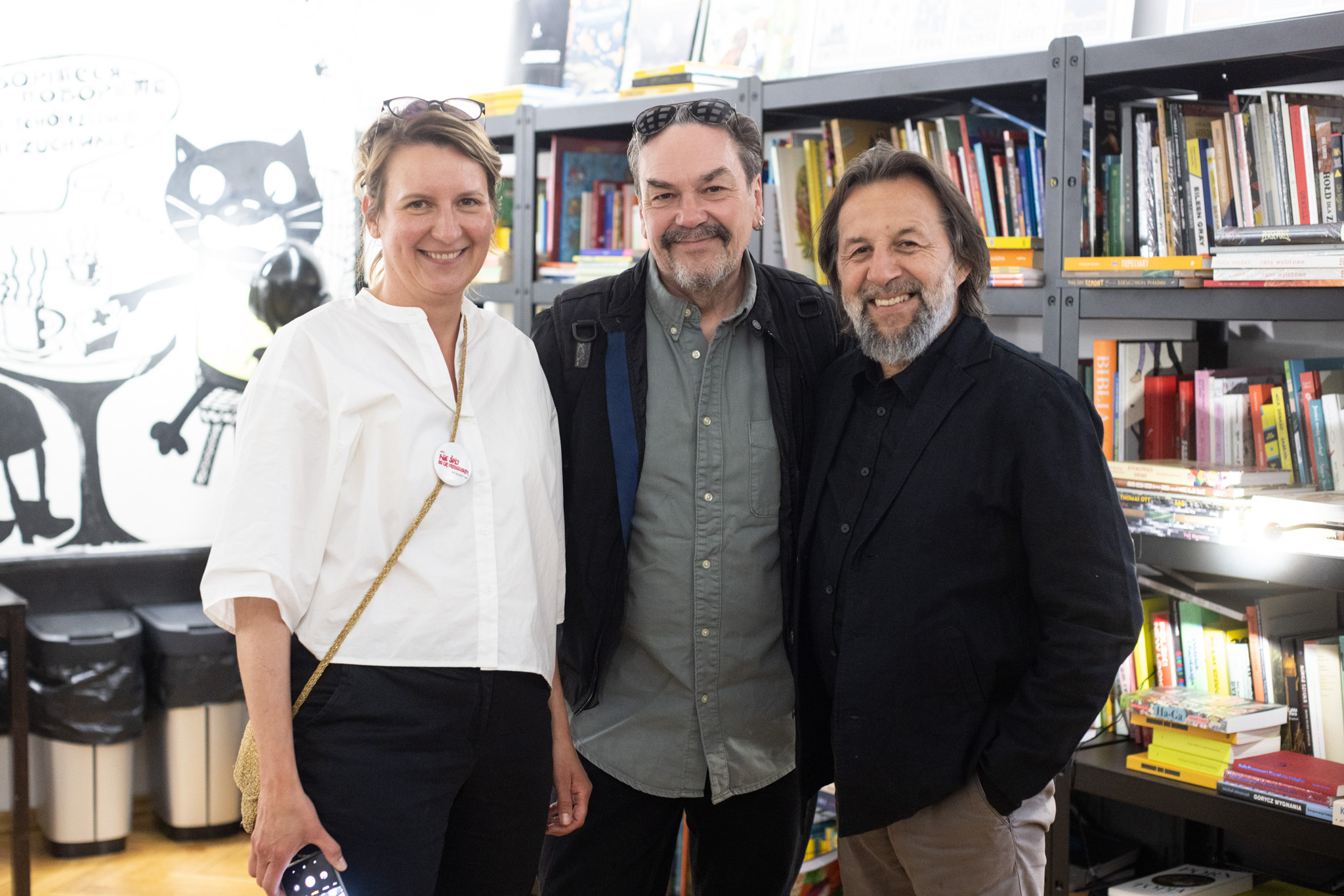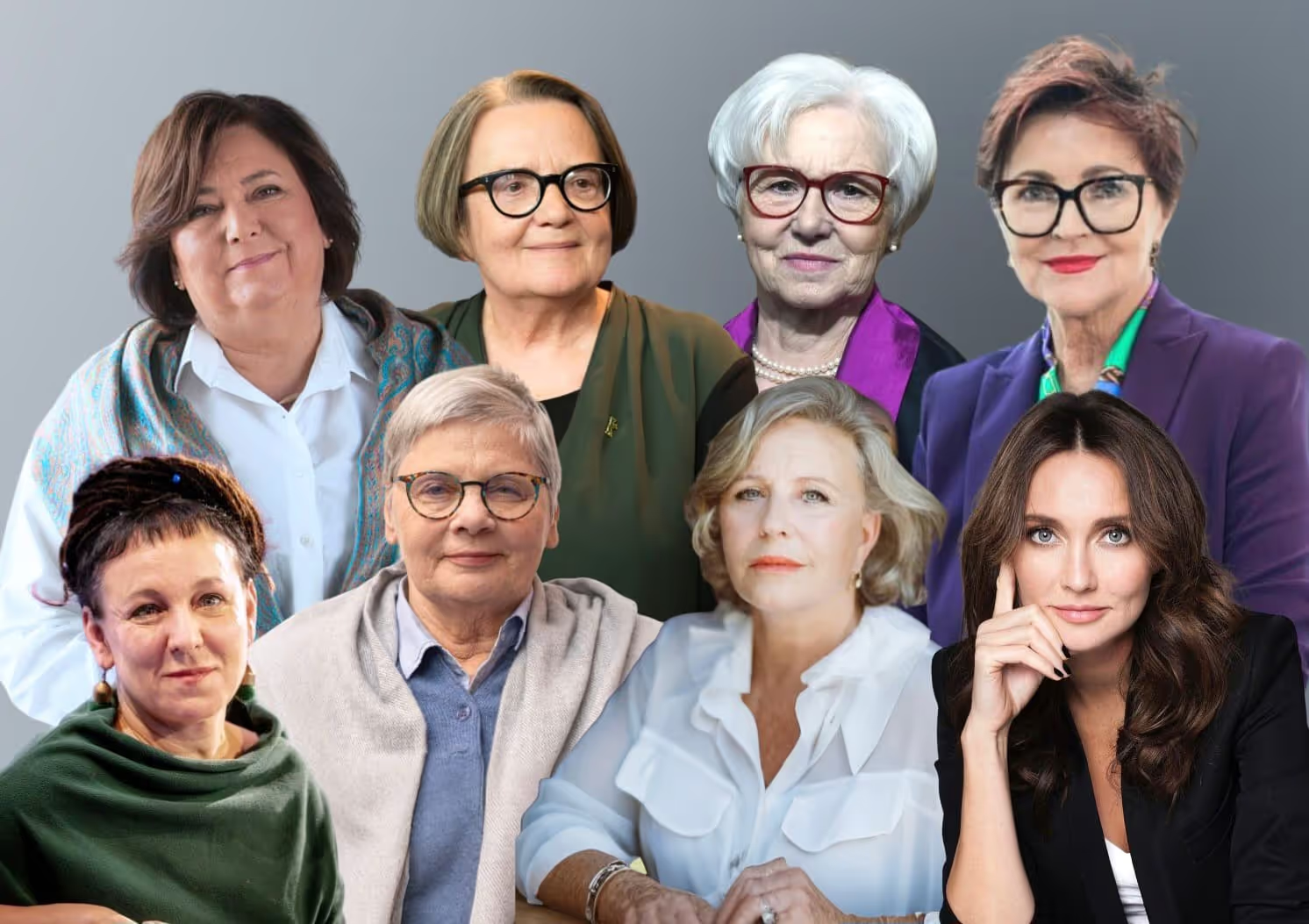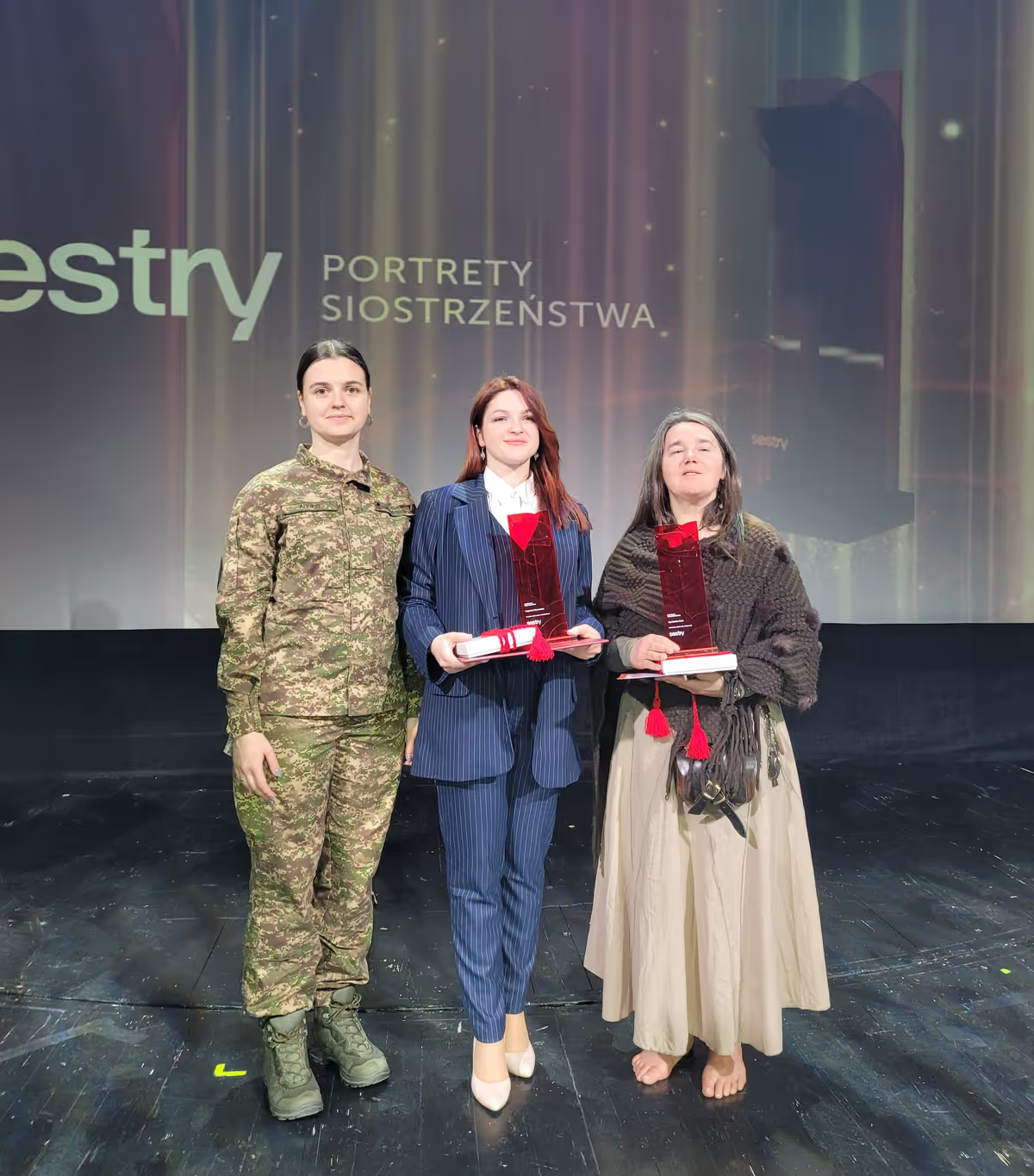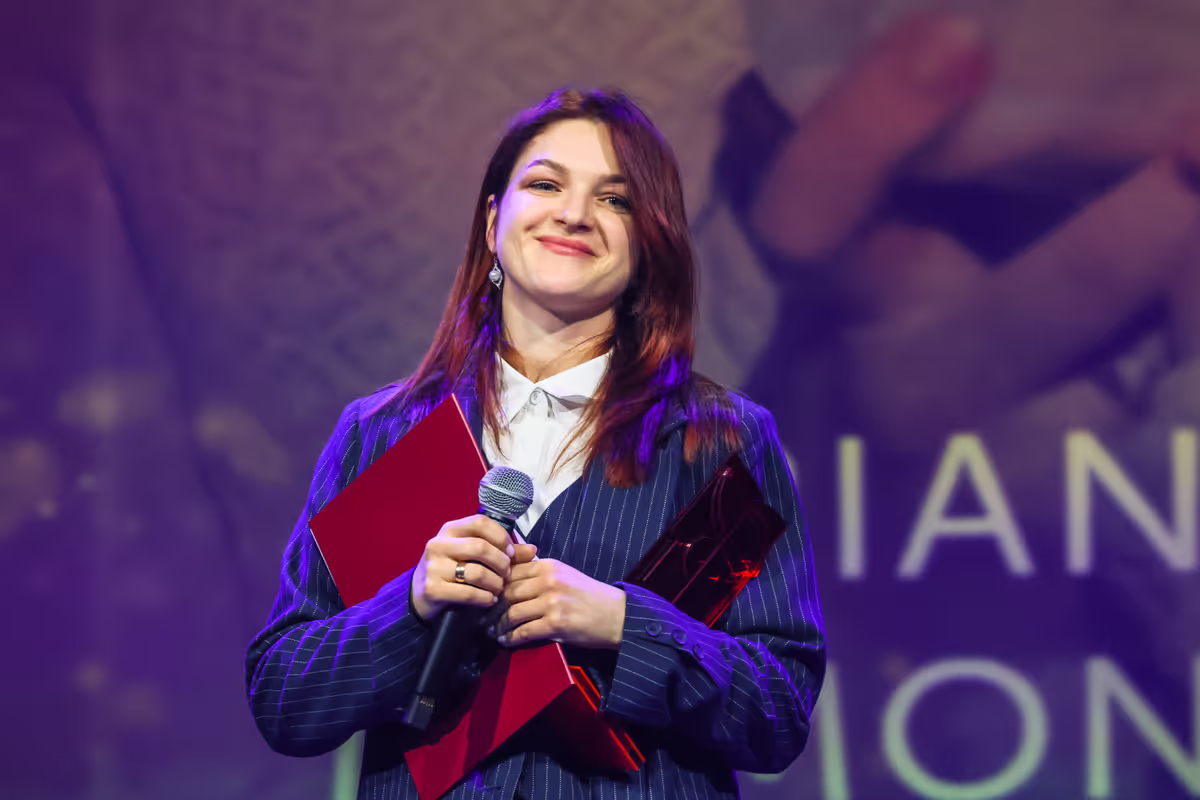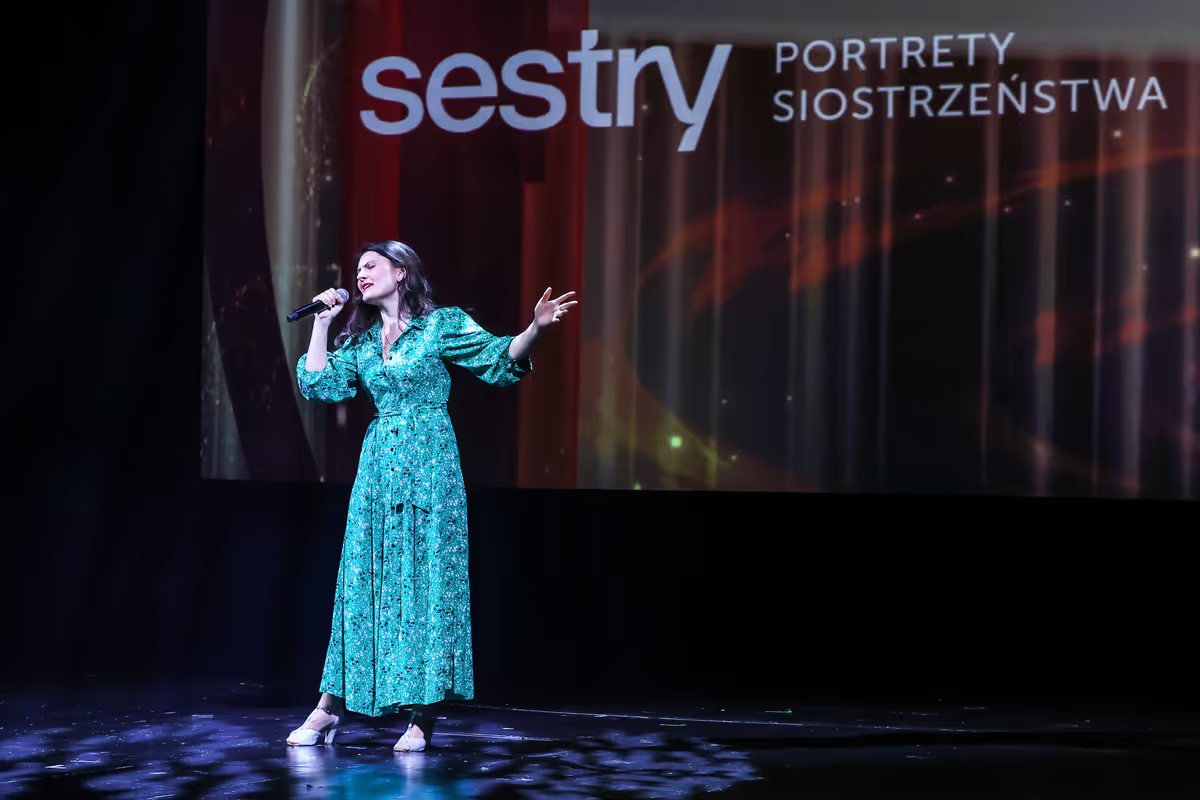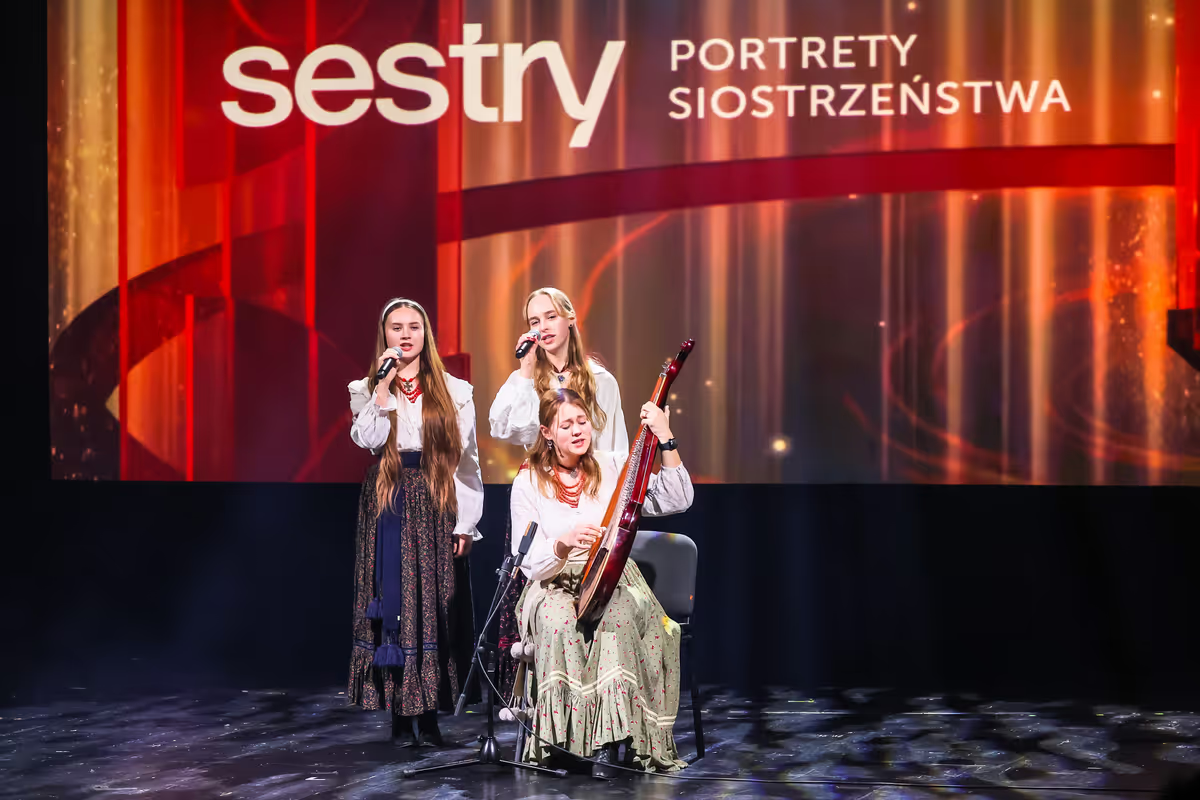Support Sestry
Even a small contribution to real journalism helps strengthen democracy. Join us, and together we will tell the world the inspiring stories of people fighting for freedom!
Three years of war is, without exaggeration, a true struggle for all nations. Some are ready to stand side by side with Ukraine until victory, some have begun to momentarily doubt what to do next, and some have completely lost faith. Yet there are those who never cease to do good for the benefit of Ukraine and the entire free world. Thousands of Ukrainian and Polish women make invaluable contributions to the triumph of democracy every day. Despite the exhaustion of three years of war, they continue their relentless work for the sake of a brighter future. And we, the international magazine Sestry.eu, tell the stories of these incredible women who change the world for the better every day.
In 2024, the editorial team of Sestry.eu established a special award, «Portraits of sisterhood», to honour women who, through their active civic stance and willingness to sacrifice, do everything possible to help those who need it most.
<span class="teaser"><img src="https://cdn.prod.website-files.com/64ae8bc0e4312cd55033950d/65cc6e8f39be6e9d65fcf154_Sestry.eu_Portretysiostrzenstwa250mini.avif">«We are all not competing but cooperating». Sestry.eu has announced the winners of the «Portraits of sisterhood» award</span>
This year, the award ceremony will take place on March 4th 2025 in Warsaw. The Honourable Chapter has selected 12 nominees. From these, the laureates of the «Portraits of sisterhood» award will be chosen - a Ukrainian and a Polish woman as the embodiment of close mutual support and cooperation in Polish-Ukrainian dialogue, as well as an example of true sisterhood.
Honourable committee of the «Portraits of sisterhood» award:
- Dominika Kulczyk, entrepreneur, President of the Kulczyk Foundation
- Agnieszka Holland, Polish film director
- Kateryna Bodnar, wife of the Ambassador Extraordinary and Plenipotentiary of Ukraine to the Republic of Poland
- Natalka Panchenko, leader of «Euromaidan-Warsaw», chairperson of the Stand with Ukraine Foundation
- Adriana Porowska, Minister for Civil Society Affairs
- Myroslava Keryk, President of the Board of the «Ukrainian House» Foundation, Warsaw
- Myroslava Gongadze, head of broadcasting for Voice of America in Eastern Europe
- Bianka Zalewska, Polish journalist
- Elwira Niewiera, Polish film director
- Kateryna Glazkova, Executive Director of the Union of Ukrainian Entrepreneurs
- Joanna Mosiej, Editor in Chief of Sestry.eu
- Maria Górska, Editor in Chief of Sława TV
Nominees for the «Portraits of sisterhood» Award, Poland:
Agnieszka Zach, Polish volunteer

Before the full-scale war in Ukraine, Agnieszka Zach worked as a guide in Poland’s largest nature reserve - Biebrza National Park. She was raising four children and building a house. On February 24th 2022, her life changed drastically. She decided to dedicate herself to helping Ukrainians. In one of her homes, she sheltered women with children fleeing the war. Later, she began travelling to Ukraine as a volunteer. For nearly three years, Agnieszka has been delivering humanitarian aid to the military on the frontlines. Regardless of the weather conditions, she walks barefoot - earning her the nicknames «Barefoot» or «Witch».
Anna Lazar, curator, art historian, translator
.avif)
Anna Lazar is a Polish curator, art historian, literary translator, and public figure who has been building cultural bridges between Poland and Ukraine for many years. She is a member of the Women’s Archive of the Institute of Literary Research of the Polish Academy of Sciences and the Polish section of AICA. She graduated in Ukrainian and Polish philology, as well as in art history, from the University of Warsaw. For seven years, she served as Deputy Director of the Polish Institute in Kyiv. In her interdisciplinary projects, Lazar combines contemporary art with historical and social reflection. Her translation portfolio includes both classical and modern works of Ukrainian literature.
Anna is also engaged in voluntary work. Her activities bring together artists, writers, and thinkers from both countries, broadening the context of Ukrainian culture.
Monika Andruszewska, war correspondent and volunteer

Polish war correspondent and volunteer Monika Andruszewska has lived in Ukraine since the Revolution of Dignity. In 2014, she joined volunteers travelling to eastern Ukraine. In her reports, she actively covered everything that was happening on the frontline. She witnessed combat operations in the Donetsk airport area. When the full-scale war began, Monika Andruszewska risked her life to evacuate 30 Ukrainians from under shelling in Irpin, near Kyiv.
Monika is now actively involved in voluntary work and, in collaboration with the Lemkin Centre (Warsaw), is collecting evidence of Russian war crimes in Ukraine. For her achievements, she has been awarded Poland’s Gold Cross of Merit, the Stand With Ukraine Awards, and the Polish Journalists Association award for her report «Bierz ciało, póki dają» (from Polish: «Take the body while they are still giving it»), dedicated to Ukrainian mothers searching for their sons who have gone missing in the war.
Anna Dąbrowska, president of the Homo Faber association

Anna Dąbrowska is the President of the Lublin-based Homo Faber association and Co-Chair of the Migration Consortium. She works on issues concerning the impact of migration on local communities and develops integration policies at the city level. She is also a co-founder of «Baobab» - a social meeting space for communities in Lublin.
Olga Piasecka-Nieć - psychologist, president of the «Kocham Dębniki» foundation

Founder and President of the «Kocham Dębniki» («I Love Dębniki») foundation. Today, the foundation supports over 1300 Ukrainian families. In February 2022, she put her life and career on hold to stand with Ukrainian women and families seeking refuge from the war in Poland.
Olga strives to help Ukrainian women and their children rebuild their shattered lives. She believes that the ability to turn crisis into strength and growth depends on a supportive environment and community: «What I actively aspire to achieve is for this experience to be passed on. And it is happening! Women returning to Ukraine take with them what they have learned here and incorporate it into their lives. They build new communities around them, using the knowledge they have gained here».
Anna Suśka-Jakubowska

Since 2013, Anna Jakubowska has worked at the Camillian Mission for Social Assistance, coordinating a project to prepare apartments for the homeless. Following the outbreak of the full-scale invasion, she was responsible for temporary accommodation for refugees at the social boarding house «Saint Lazarus» and helped refugee families settle into rented flats.
Nominees for the «Portraits of sisterhood» Award, Ukraine:
Yuliia «Taira» Paievska - servicewoman, paramedic

Yuliia Paievska, known by the callsign «Taira», provided medical aid to participants of the Revolution of Dignity. As the leader of the volunteer paramedic unit «Taira’s Angels», she conducted tactical medical training on the frontline from 2014 to 2018. On March 16th 2022, during the defence of Mariupol, she was captured by Russian forces and was released on June 17th 2022.
In 2023, Yuliia Paievska became a laureate of the International Women of Courage award. The US State Department honoured her with the title of «The World’s Bravest Woman». Additionally, she received an award at the «Invictus Games» in Germany. She has been decorated with the President of Ukraine’s distinction «For Humanitarian Participation in the Anti-Terrorist Operation» and the «People’s Hero of Ukraine» order. Currently, Taira has joined the 13th Brigade of the National Guard of Ukraine, «Khartia».
Olena Apchel - film director, servicewoman

Olena Apchel is a theatre scholar, director and volunteer. She actively participated in the Revolution of Dignity - both at the Kyiv and Kharkiv Maidans. From 2021 to 2022, she headed the social programmes department at Warsaw’s «Nowy Teatr». During this time, she became one of the active members of the Ukrainian volunteer community in Poland. In the Autumn of 2022, she moved to Berlin, where she worked as co-director of Theatertreffen, the largest theatre festival in the German-speaking world.
After three years abroad, Olena Apchel returned to Ukraine. In May 2024, she joined the Armed Forces of Ukraine.
Mariana Mamonova - former Kremlin captive, psychotherapist, founder of a charity foundation

Mariana Mamonova joined the military in 2018, where she met her future husband, a National Guard service member. In the spring of 2022, the military medic was captured while three months pregnant. She was exchanged just three days before giving birth.
Following her release, Mamonova founded a charity foundation to assist women who have survived Russian captivity. Helping these women has become not just her job but her life's mission: «The goal of our foundation is to support women who have endured captivity. To help them rehabilitate - mentally, physically, and spiritually». The foundation also provides assistance to pregnant wives of service members, pregnant veterans, and pregnant women who have lost their husbands in the war.
Olga Rudnieva - CEO of Superhumans Center

Olga Rudnieva is the CEO and co-founder of the Superhumans Center, a clinic providing psychological assistance, prosthetics, reconstructive surgery, and rehabilitation for people affected by war. From the first days of the war, she led the largest logistics hub in Europe - HelpUkraine Center, created in partnership with Nova Poshta, Rozetka, and the TIS terminal.
From 2004 to August 2022, she served as the director of the Olena Pinchuk Foundation and was the coordinator of the sexual education space, Dialog Hub. She is also a co-founder of Veteran Hub, a centre providing comprehensive services for veterans.
Under Olga’s leadership, some of the most extensive media campaigns and charitable concerts have taken place, including performances by Elton John, Queen, and Paul McCartney. Over the past seven years, she has consistently been listed among Ukraine’s most successful women by NV and Ukrainska Pravda. In 2024, Olga was included in the BBC’s Top 100 Women of the Year.
Oleksandra Mezinova - director and founder of the «Sirius» animal shelter

Oleksandra Mezinova manages the «Sirius» shelter in Fedorivka, near Kyiv. Before the war, it was home to 3500 animals. Currently, the shelter houses just over 3200 - despite military personnel and volunteers constantly bringing in rescued cats, dogs, and other animals. Each month, the shelter takes in around 50 to 60 animals, many from frontline areas and combat zones. The shelter is involved in rescuing, treating, sterilising, and rehoming animals, as well as conducting educational and awareness-raising work. Additionally, «Sirius» supports low-income pet owners, mini-shelters, and their caretakers, who are often elderly people.
This year, the shelter marks its 25th anniversary. Over this time, more than 13 thousand animals have been rescued, with over 10 thousand finding loving homes. In 2023, «Sirius» received the honorary award «Choice of the Country». In 2022, its founder, Oleksandra Mezinova, was awarded the Order of Princess Olga.
Liudmyla Huseinova - human rights defender, head of the NGO «Numo, Sestry!»

Since the beginning of the occupation, from 2014 to her arrest in 2019, Liudmyla Huseinova cared for children from a disbanded orphanage in the occupied Novoazovsk district. She brought them clothes, as well as Ukrainian books and postcards from free Ukrainian territory. She also assisted Ukrainian soldiers defending Mariupol at the time. She received a signed Ukrainian flag from them, which she managed to smuggle into the occupied territory and hide. The flag was not discovered during a search and remains hidden to this day.
Following her arrest in 2019, she was taken to «Isolation» and later transferred to the Donetsk detention centre. On October 17th 2022, Huseinova was released as part of a «women’s exchange». She now focuses on defending the rights of those affected by conflict-related sexual violence, former civilian prisoners, and supporting women who are still in captivity or under occupation. On 6 December, she founded and took leadership of the NGO «Numo, Sestry!», which unites women who have survived captivity, conflict-related sexual violence, torture, and other consequences of Russia’s war against Ukraine.
Partners of the «Portraits of sisterhood» award:
- Ambasada Ukrainy w Rzeczpospolitej Polskiej
- Patronat Honorowy Prezydenta Miasta Sopot
- Kulczyk Foundation
- Przemysław Krych
- Ulatowski Family Foundation
- Federacja Przedsiębiorców Polskich
- Fundacja PKO BP
- Foundation Kredo
- Fundacja Edukacja dla Demokracji
- Polsko-Amerykańska Fundacja Wolności
- Wspieramy Ukrainę
- Żabka
- YES
- Nova Post
- TVP Info
- Biełsat TV
- PAP
- Onet
- Espreso TV
- NV.ua
- New Eastern Europe
- СУП
We also encourage our readers to take part in the voting and choose the leader who deserves the special «Portraits of sisterhood» Readers' Award. To vote, simply follow this link. Voting will be open until February 22nd 2025.



